Description
ZEP in 1971 has a very spectacular impression, with the historical masterpiece “IV” and the rare masterpiece “Stairway To Heaven” produced, and even the legendary first performance in Japan, but in fact, after the BBC recording in April, the finishing of the previous album was prioritized, so there was a big blank period until the summer. The group also performed sporadically during this period, but there are very few sound sources in existence. Among them, the only valuable audience recording is Copenhagen on May 3rd. At the time when ZEP’s new chapter was about to begin, it is still treasured by maniacs as a document of the bold stage where the songs included in the album “IV” were tested, which was not yet released, but was just about to be completed. “Four Sticks”, which would later be released in “IV”, tells the story of such a test stage. This was the only time this song was performed live. Another valuable repertoire is “Gallows Pole” from the previous work. It is now known that this song was performed on stage several times later that year, but the fact that it was performed live, just like “Four Sticks,” surprised enthusiasts around the world. In fact, the first release of the sound source from that day was an analog 10-inch with only these two songs on the A-side, which, looking back, was a business-minded item that only included the highlights. It was only in the CD era that the full picture of this day became clear, and many items were produced, including the nostalgic “POLES AND STICKS” in a vertical digipack. When I listened to it, the sound image was mono and distant, but it was surprisingly easy to hear, and I was reminded that not only the two songs but the entire live performance was extremely valuable. However, the items released were all releases with some problems, such as pitch and editing. The definitive version that finally put an end to this situation was “STICK OUT!” released by the predecessor of Graf Zeppelin. It solved all the problems that previous items had, and as soon as it was released, the title was highly praised by enthusiasts as the definitive version of Copenhagen, but more than 10 years have passed since its release, and it has become an item that has been difficult to obtain for a long time. Because this title has disappeared from the market, there must be many people who have never heard of Copenhagen in 1971 in the first place. It can be called a masterpiece that has been waiting for a re-release. So this week, Graf Zeppelin’s new generation definitive version, which enthusiasts around the world have been waiting for, will finally be released. However, since “STICK OUT!” itself showed a very high level of completion, this time it is limited to adding the last step of the overhaul starting with a complete mono of the sound source. There is also a difference in that the high notes are more naturally clear than last time, and many enthusiasts prefer the clean feeling of this time. The pitch deviation has also been re-washed, and the instability that was especially seen at the end of the live performance has been eliminated using the latest technology. Another important point about this re-release is that we can now listen to the rare songs and rare scenes more calmly than ever before. Although it is a day when we tend to pay attention to the rare songs mentioned at the beginning, another very important point about this day as a live record of ZEP is that Robert sings the songs included in “IV” almost completely with the melody line of the album version. “Black Dog” and others are already sung with the melody lowered at the end of the lyrics as early as the summer, but on this day, it is reliable to sing that part without difficulty. Combined with the fact that this day was the first stage since the BBC recording, Robert’s screaming voice was at full throttle. The day when the songs included in “IV” were sung with the exact same melody as the album version is very valuable, and in that respect, this sound source has an important meaning. At this point, even in the new song “Stairway To Heaven” that had not yet been released, Robert attacked with high tones from the beginning, and the ending was also a completely high-tone finale, so much so that it gave me goosebumps. Even though they had performed it live several times at this point, the fresh atmosphere was still truly precious. Jimmy’s guitar solo was also like that. And at the end of the live performance, there was a parade of rare numbers starting with the aforementioned “Four Sticks”. While the song has a unique atmosphere that you might call rhythmic chaos, it is undeniable that the arrangement for the live performance, which is different from the album, was not fully worked out, and it ended up being only performed on this day. Furthermore, the fact that Plant had to sing in high tones throughout the entire song was also a disadvantage. The following “Gallows Pole” is clearly played by Jimmy on a double-neck 12-string from the intro tone, but this was probably an attempt to add to his repertoire using the double-neck SG that he introduced in 1971. However, it was clear that the arrangement was not fully worked out, and since this song was easier to play or sing than the previous song, it seems that they tried it again on a later UK tour. And as befitting a day of aggressive set lists, the final song was a succession of songs from the pre-release “IV” album. “Rock and Roll” had been tried on stage before the BBC, but this was the only real-time live performance of “Misty Mountain Hop” in 1971. As you can see from the later treatment, this was a repertoire for live performances, but here, Robert tends to lose track of the timing of the song, as if it were a live premiere, and that may be the reason why it was only shown on this day in 1971. Moreover, this time the tape was no longer twisted, making it even easier to hear. Nevertheless, Robert still sang in high tones until the end, making this another very valuable live version. In addition, while the sound image itself has a sense of distance, his singing voice is captured in a great balance, and the way his screams reverberate throughout the venue is so vivid. This is also a big attraction of this sound source. In the history of ZEP, it is very rare to have such a day when new songs before release were shown in succession, and it is a miracle that it was recorded in a very easy-to-listen-to state. Therefore, a new definitive version of the day loved by enthusiasts has been revamped by Graf Zeppelin itself! (Remaster Memo) REMASTERED BY GRAF ZEPPELIN ★ Already released “STICK OUT!” CD from Mono Aud Master circulated among traders like the previous version. However, since there are multiple sound sources with different branches, this time it is CD from the version with high frequencies. The appearance of the waveform is definitely better than the previous version (it is symmetrical with respect to the central axis). After pitch correction, it is completely mono. The pitch is out of tune and unclear, but it was judged to be slightly lower on the previous version and corrected. This time, we have not applied history reduction, etc., with an emphasis on freshness. Live at K.B. Hallen, Copenhagen, Denmark 3rd May 1971 TRULY AMAZING SOUND(UPGRADE) Disc 1 (65:33) 1. Introduction 2. Immigrant Song 3. Heartbreaker 4. Since I’ve Been Loving You 5. Dazed And Confused 6. Black Dog 7. Stairway To Heaven 8. Going To California 9. That’s The Way Disc 2 (56:28) 1. MC 2. What Is And What Should Never Be 3. Four Sticks ★ 4. Gallows Pole ★ 5. Whole Lotta Love 6. Communication Breakdown 7. Misty Mountain Hop 8. Rock And Roll
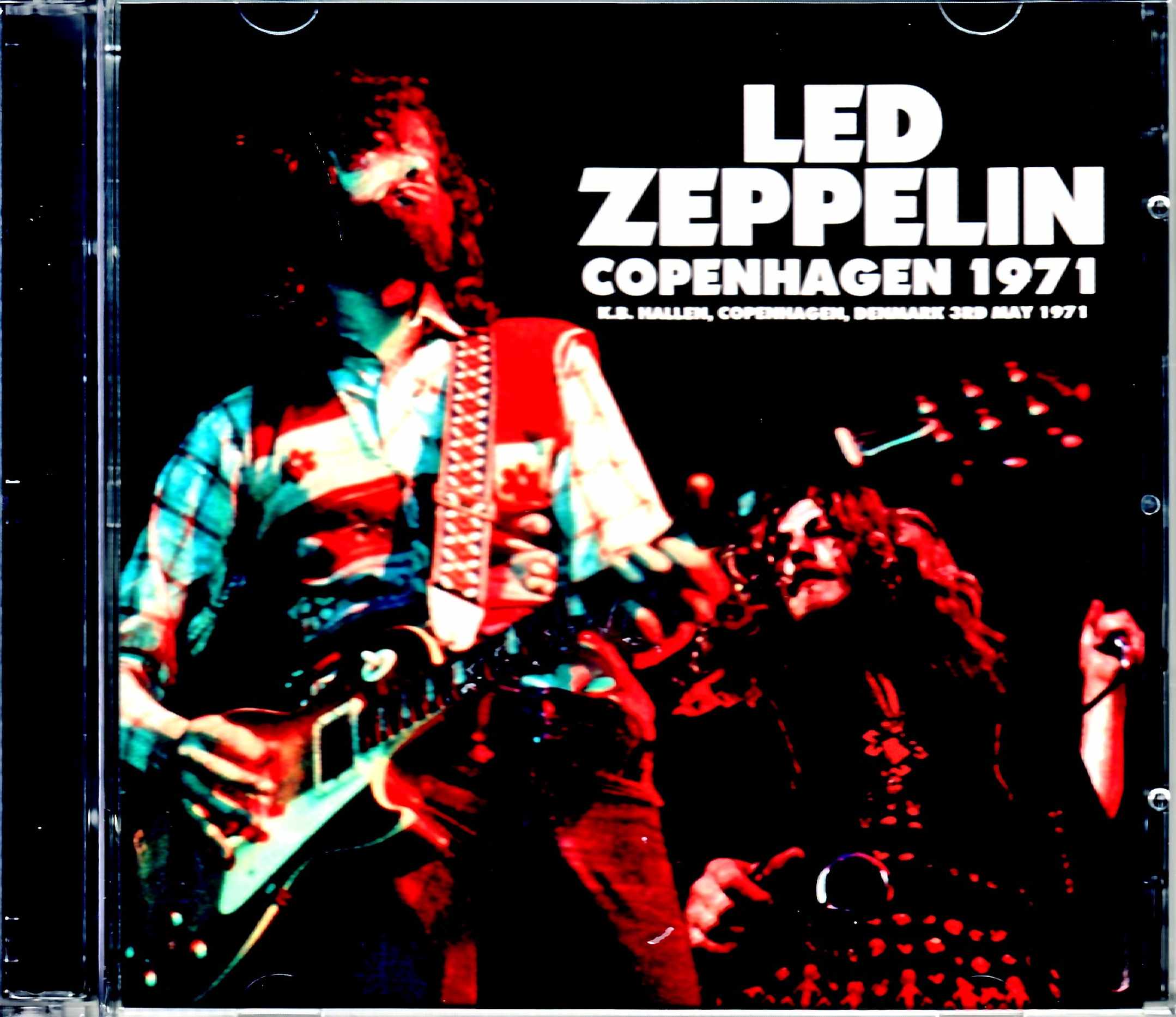
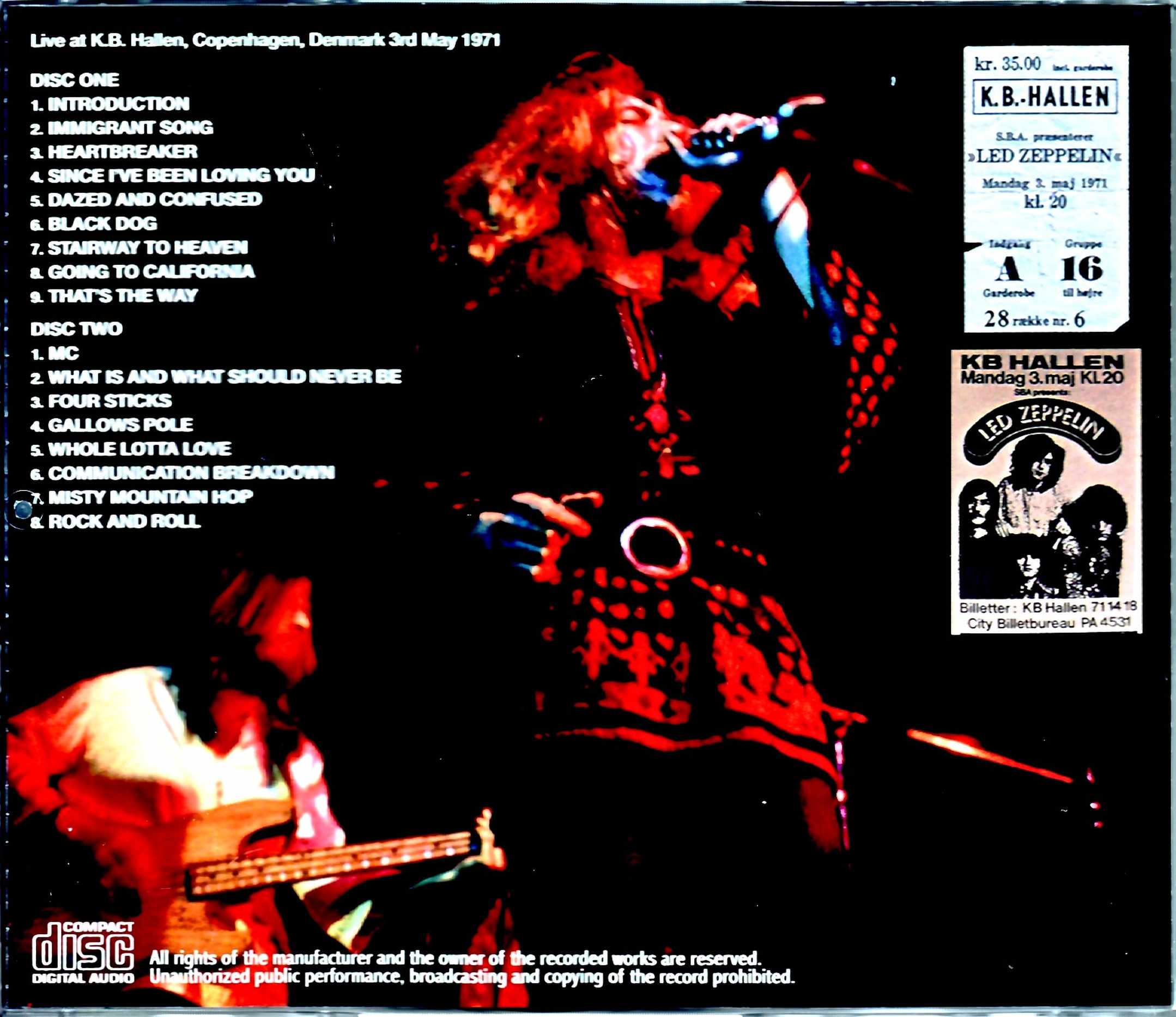

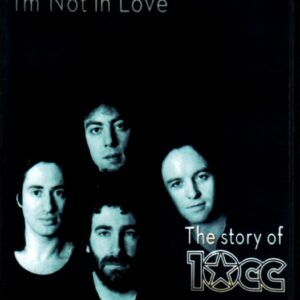
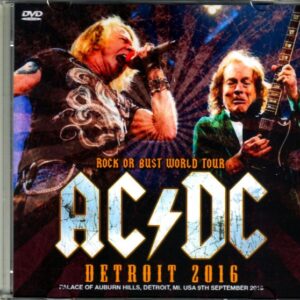
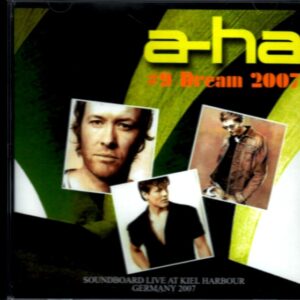
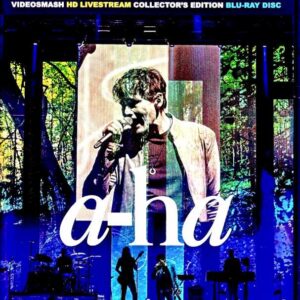
Reviews
There are no reviews yet.